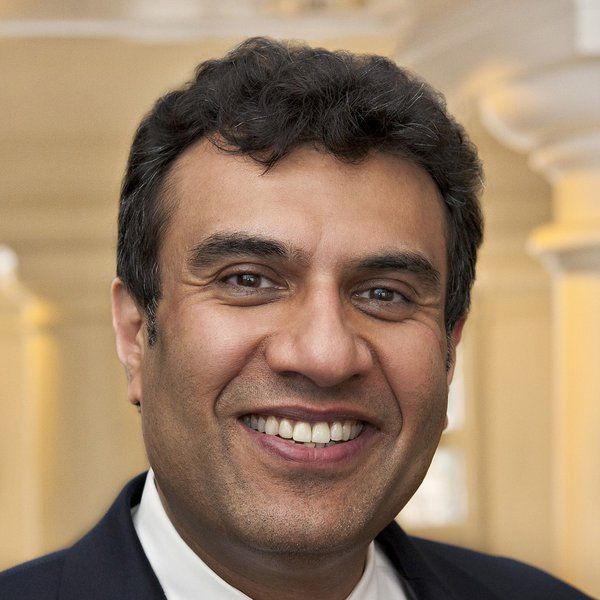Article
Patients Not Receiving Proven Treatments for Heart Failure
In light of the fact that one-third of patients with heart failure are not receiving the most effective medications, the Mayo Clinic provides and overview of treatments recommended by national guidelines.
Fewer than one-third of patients with heart failure are taking the three types of medications that are most effective in prolonging life and improving quality of life. The November issue of Mayo Clinic Health Letter provides an overview of treatments recommended by national guidelines.
Heart failure generally begins when heart muscle is damaged, from a heart attack or other factors such as high blood pressure, heavy alcohol use, diabetes, heart infection, faulty heart valves, heart rhythm problems or sleep apnea. Effective treatment can help slow or stop progression of heart failure.
Three classes of drugs, and sometimes a pacemaker or defibrillator device, can increase longevity. Medication categories are:
Angiotensin-converting enzyme (ACE) inhibitors: Medications in this category--enalapril, lisinopril and others--reduce production of angiotensin, a substance that causes blood vessels to narrow and blood pressure to rise. Lower blood pressure reduces workload on the heart.
Beta blockers: Drugs in this class--metoprolol, bisoprolol and others--slow the heart rate and lower blood pressure. Beta blockers are the single most effective drug at improving heart function and symptoms, possibly prolonging life for those with heart failure.
Aldosterone antagonists: This category, which includes spironolactone and eplerenone, removes sodium and water from the bloodstream. These drugs also block aldosterone, a hormone that can stress the heart.
For some patients, implanting a pacemaker to coordinate heartbeats can improve the heart’s efficiency. Implantable cardioverter-defibrillators also may be recommended to detect and stop dangerous heart symptoms.
Studies have shown survival rates are 92 percent at two years for heart failure patients taking recommended medications from each category. Only 65 percent of patients who did nothing survived beyond two years.
Source: Mayo Clinic





